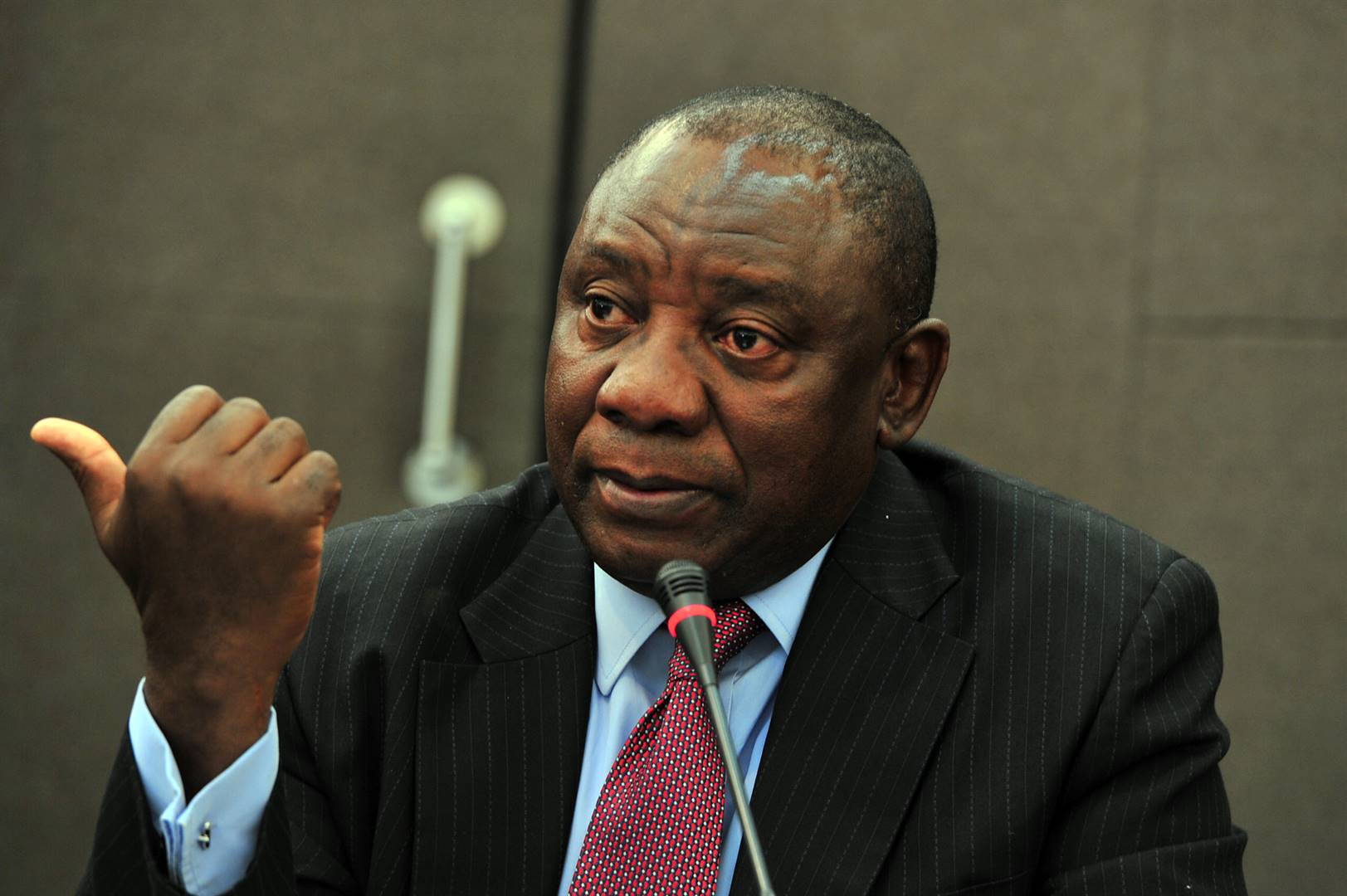As the country reeled over the past few days in the wake of the latest spate of rapes and murders of women at the hands of South African men, there have been calls for the reinstatement of the death penalty and declaration of a state of emergency.
It would, therefore, have been the easy route for President Cyril Ramaphosa to regain some brownie points by heeding these calls when he eventually crawled out from under whichever rock he has been hiding the last few days to "address the nation" on Thursday evening.
Instead, he showed some seldom-displayed presidential backbone and skirted these issues.
Granted, he did not explicitly state that it is not on the table, but if it was something the government seriously considered, surely he would have mentioned it given that it would probably have been met with popular approval.
One can understand why these calls came from ordinary South Africans. Since Monday, justifiable feelings of anger and powerlessness flooded through the populace. So for some, reinstating the death penalty might seem like an actionable plan to say: No more.
However, research shows the death penalty is not a deterrent for crime.
The failings of the South African criminal justice system has been much maligned, and yet people want this very same system to decide over life and death.
And one must also ask this question: If we, as a society, vengefully condemn people to death, are we any better than the brutes who kill and rape women?
Of course, some of the parochial, atavistic political parties crawled out of the woodwork to jump on the populist bandwagon by raising the issue of the death penalty.
In his letter asking Ramaphosa to call a referendum on the death penalty, ATM leader Vuyo Zungula acknowledged: "We are aware of a plethora of literature and statistics that seek to suggest that the death penalty is not a deterrent for crime."
Yet, they still want the death penalty, as they "hold a firm view that a very strong message needs to be sent to all the murderers and rapists, that the country will not tolerate this kind of abhorrent behaviour".
This surely cannot be the quality of reasoning when one considers a matter of this gravity.
A state of emergency is also a draconian measure. I am not sure if everyone who calls for one is fully aware of what it entails.
It basically involves the state suspending several human rights.
The Constitution allows for states of emergency to be declared when the security of the country is threatened by war, invasion, or revolution, or when there has been a natural disaster, such as a massive flood.
It is debatable that the current scourge of femicide - as horrible as it is - would qualify as a threat to the security of the state, and as such, the president might well find himself skating on thin constitutional ice if he declares a state of emergency.
Keep in mind that some of apartheid's worst atrocities were committed during PW Botha's states of emergency. And, I know it is an extreme example, but Adolf Hitler destroyed German democracy during a state of emergency which was declared after the Reichstag fire. The point is, it is an extreme measure that can easily become a slippery slope leading to a despotic regime.
Essentially, by asking for the reinstatement of the death penalty, one is asking for killings to stop killings, and by asking for a state of emergency, one is asking for the suspension of human rights to protect human rights.
To deal with this, one would require Orwellian double think.
While it would have appeased a large section of a justifiably angry populace in the short run, both these measures would certainly do more harm than good in the long run.
Ramaphosa's approval surely would have taken a knock over the past few days, but he showed a bit of resolve and took the harder option, steering away from populism.
Now that showed us he can, he must say "let's start again", and show similar fortitude in the face of the many other challenges facing him and the country.
